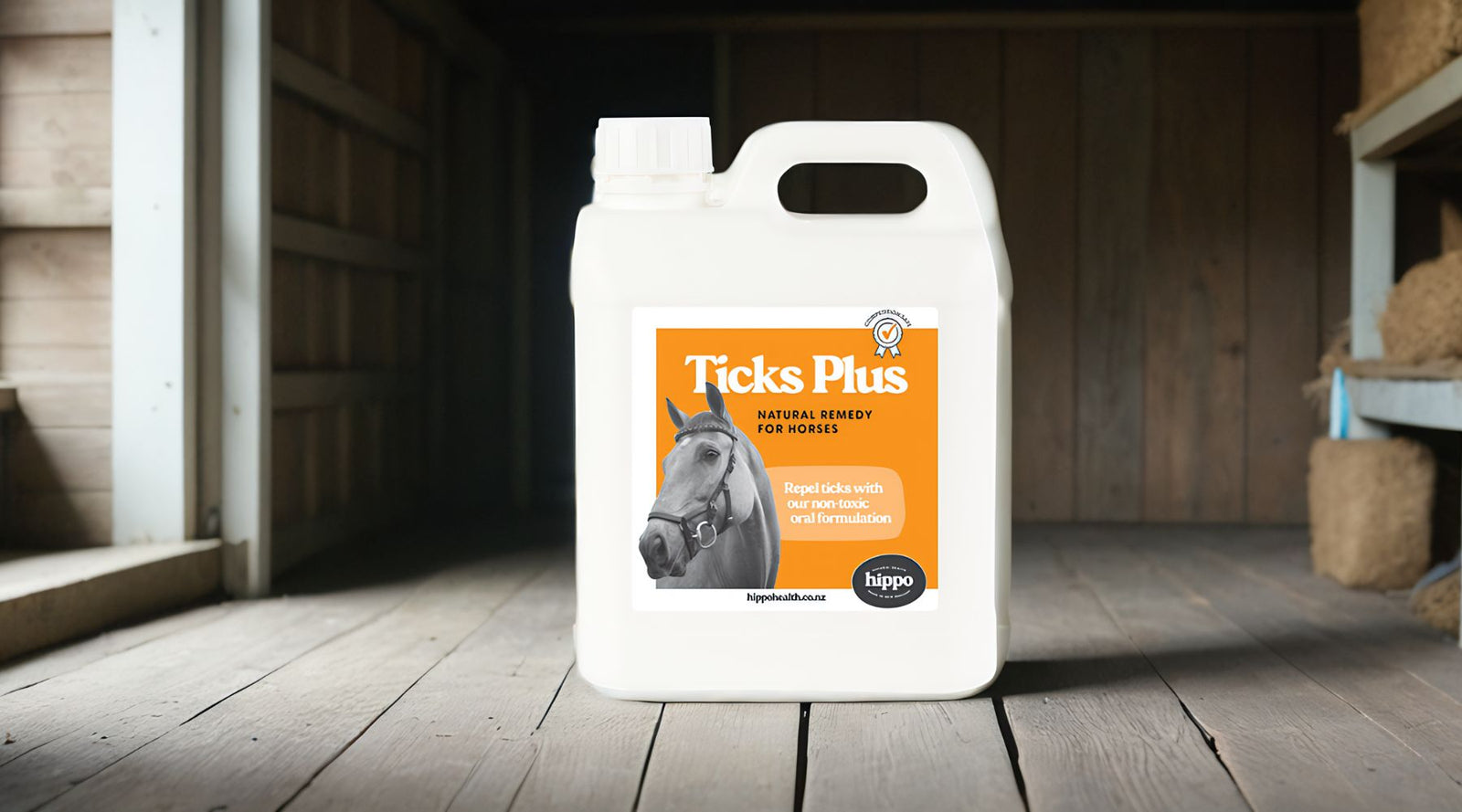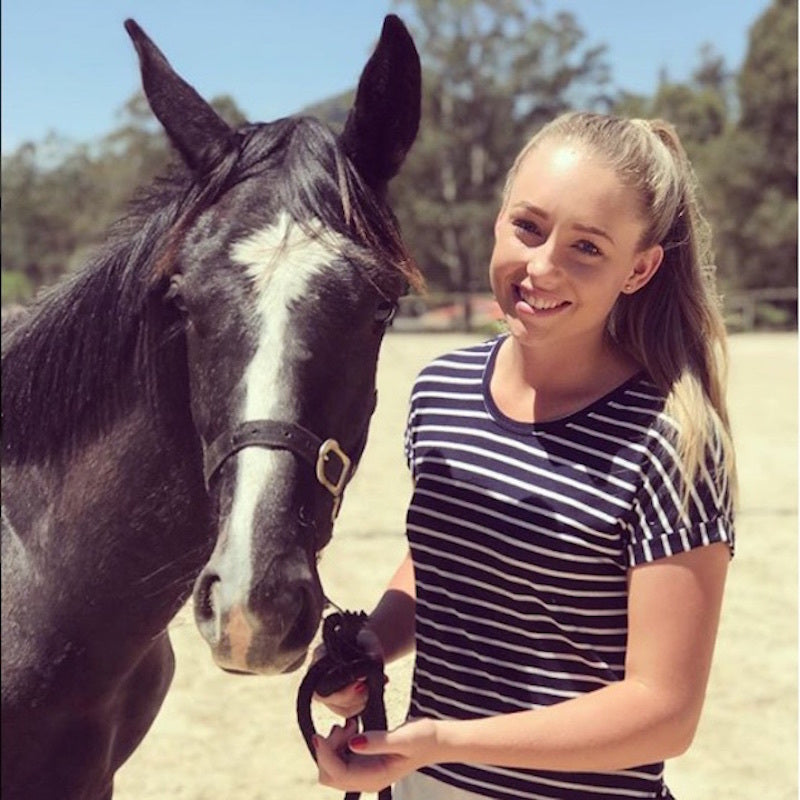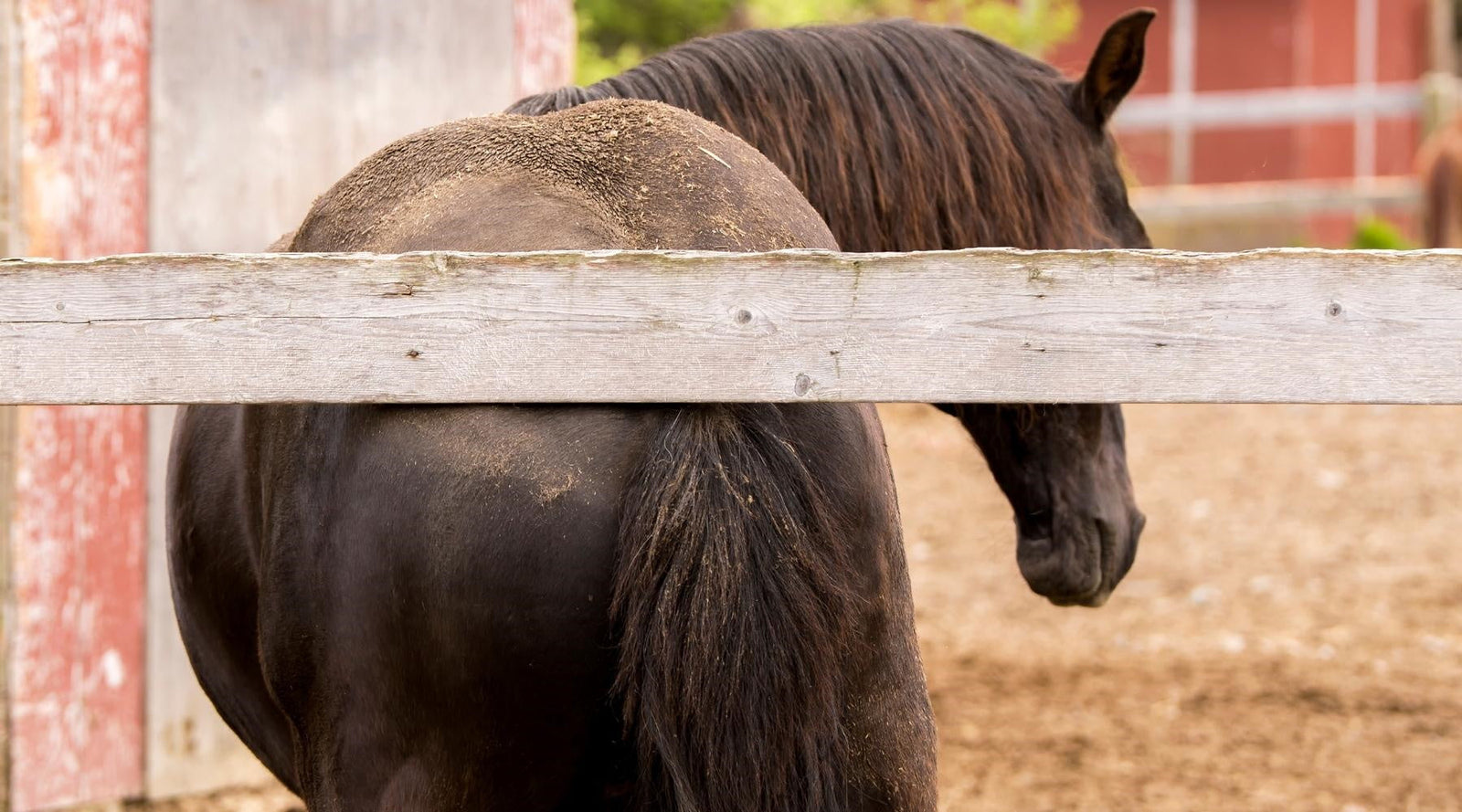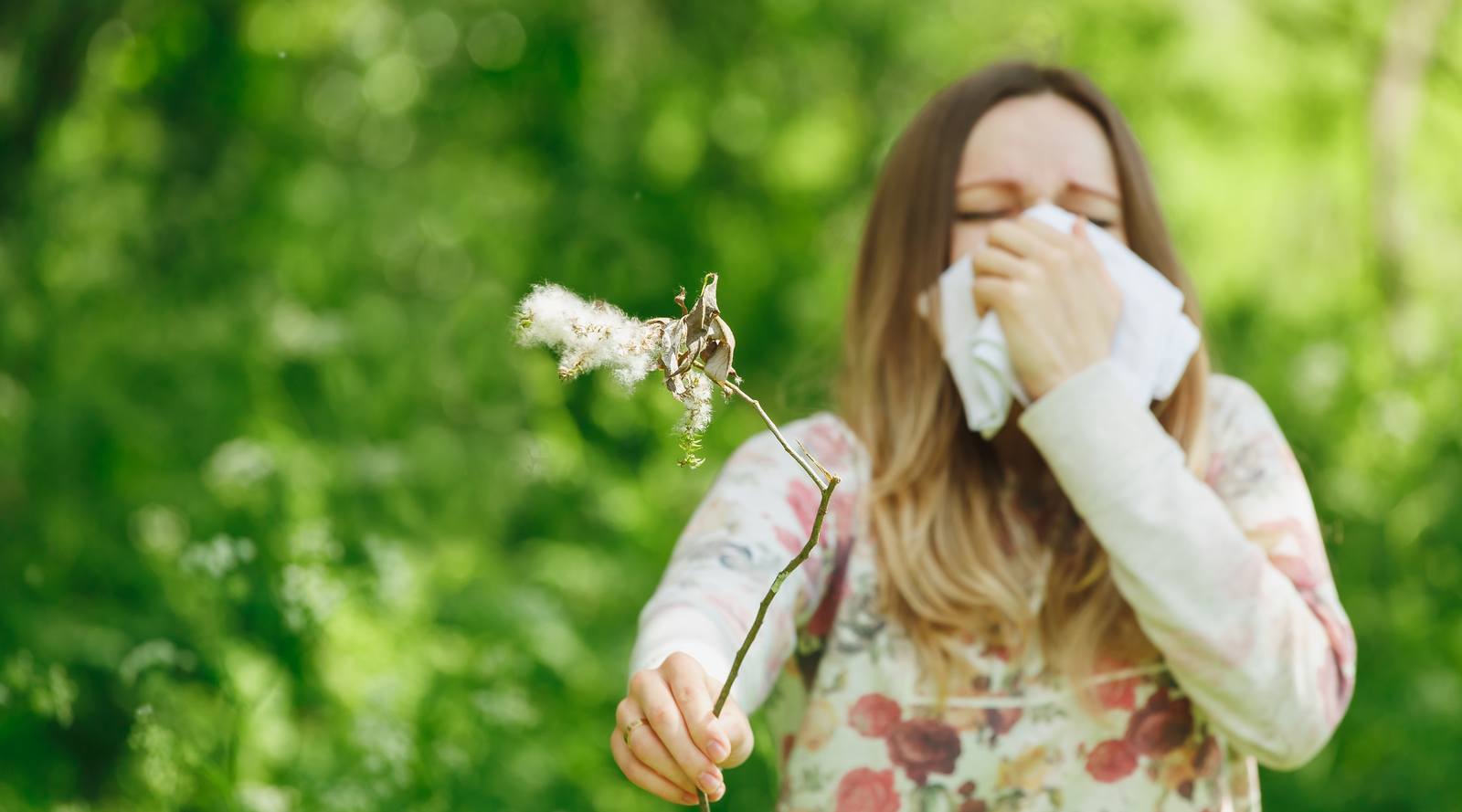Horse & Rider
What Makes Our Remedies Less Effective?
by Fiona Lane January 01, 2025

Our 100% natural remedies are formulated using herbal and homeopathic ingredients that deliver active ingredients through oral dosing. While they're safe and easy to use, a few environmental and topical factors can reduce their effectiveness. Let's take a closer look at what to avoid or be cautious of.
Key Highlights
- Some environmental or nutritional factors can make our homeopathic remedies less effective.
- Heat and sunlight can degrade the active ingredients, reducing the remedy's effectiveness over time
- Essential Oils, such as those commonly found in fly sprays and ointments, can interfere with how our remedies work.
- Zinc, whether topical or as a supplement, can cause a surprising interference with natural remedies
- To avoid remedies being less effective, store them correctly and dose separately from interfering ingredients.
Key factors that make our remedies less effective
With a two-year shelf life, the effectiveness of our remedies is long-lasting, however factors like exposure to high temperatures and sunlight or use in conjunction with some essential oils or zinc supplements may reduce performance and expected outcomes. Here are some tips on the best ways to use our remedies.
1. Heat and Sunlight
Exposure to temperatures above 30°C / 85°F or storing your remedies in direct sunlight can degrade the active ingredients, reducing their effectiveness over time. Our remedies are best stored in cool places out of direct sunlight.
Simple Storage Tips:
● Keep remedies in a cupboard or drawer away from windows.
● Don’t leave remedies in hot cars or tack/feed rooms.
● If you’re taking remedies with you on a trip in summer, store them in a cool bag or insulated container.
2, Essential Oils – The Stronger the Smell, the Bigger the Impact
Essential oils—especially strong-smelling ones like neem and citronella—can interfere with how our remedies work. These oils are commonly found in fly sprays and ointments.
What You Can Do:
● Avoid using essential oil-based sprays or balms at the same time you’re dosing with our remedies.
● Try dosing your animal early in the day and applying fly sprays later, or vice versa.
● If you're using natural fly control options, opt for less intense scents when possible.
3. Zinc – A Surprising Interference
Zinc is a common ingredient in many supplements, sunblocks and ointments. While it’s an essential mineral, when used topically or via a zinc block in the water trough, it can impact the efficacy of our homeopathic remedies.
Topical Zinc:
Using a zinc-based sunscreen alongside our Sol Plus for horses, livestock, pets or people can reduce the efficacy of our remedy. If you're using both at the same time, you may notice a decrease in performance.
Zinc Supplements in Troughs:
If you’re adding our remedies to a water trough where a zinc block is present, you may notice a decrease in performance.
How to Maximise the Benefits of Our Remedies
To ensure you're getting the most from every dose:
● Store products correctly.
● Avoid strong essential oils during treatment periods.
● Dose separately from other topical products if unsure.
These small adjustments can make a big difference in supporting a natural immune response in your animals and yourself.
If you’d like to know more about what’s in our remedies or oral dosing works, read these useful articles:
- How do oral remedies for horses work?
- Pump bottle vs Jerry Can – what’s the difference?
General Disclaimer: Always follow dosing instructions. Our remedies are formulated to support the natural immune system of horses, pets, livestock, and people. We do not claim to treat, medicate, or cure any health conditions. If you are worried an animal may be in pain or suffering, please contact your veterinarian.




